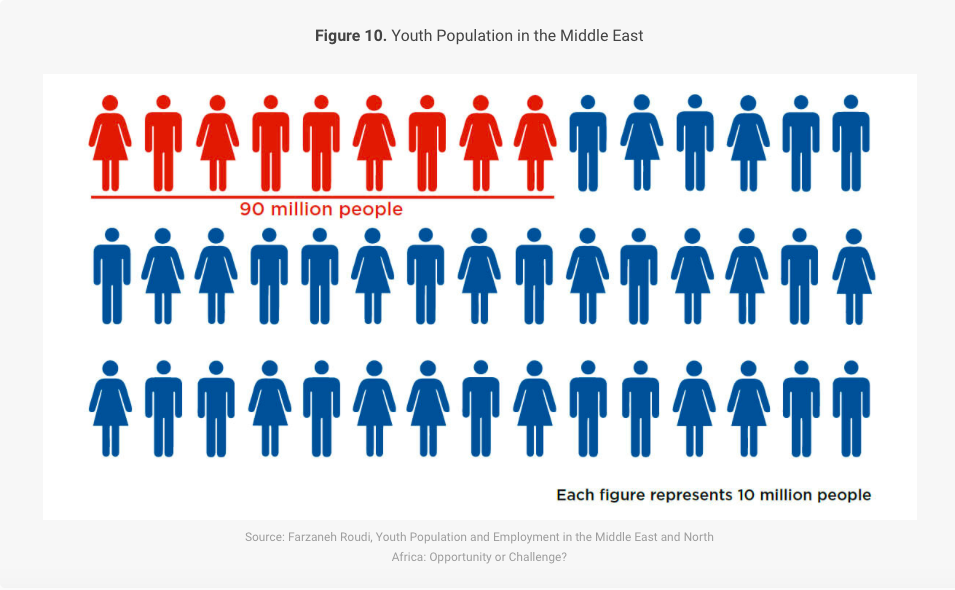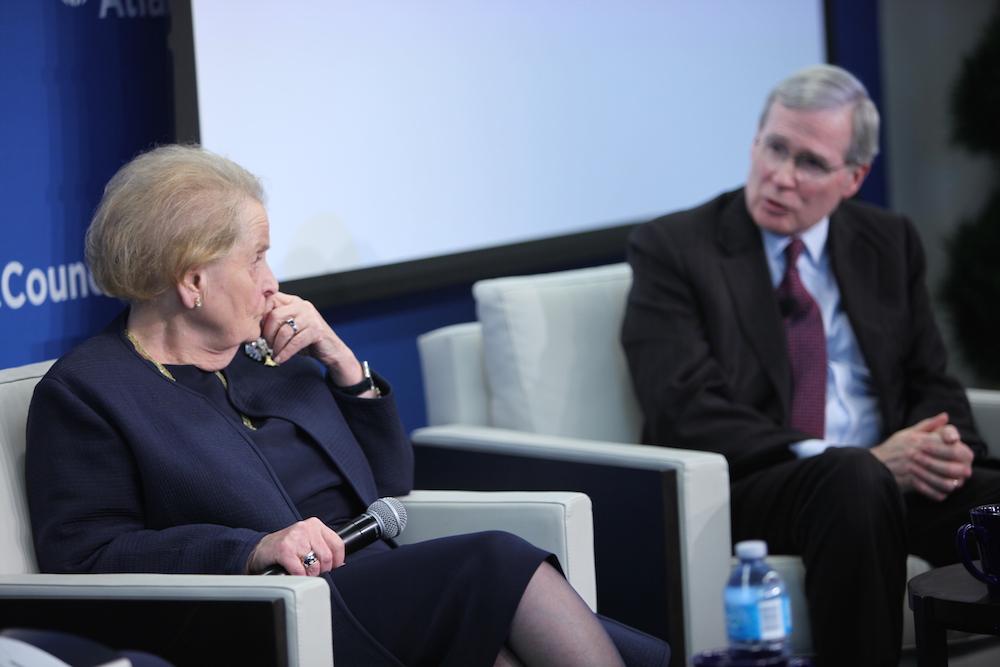
The current reality of the region is alarmingly clear: a global crisis emanating from the Middle East convulsing much of the region in instability and violence, while projecting the threat and reality of terrorism and disruption far beyond. That threat and that reality are palpable, but so is the prospect for a better future. There are opportunities in the Middle East, not just challenges.
To be able to harness these opportunities, it is necessary to change the political trajectory of the region from state failure and civil war toward a stable and peaceful order of sovereign states. It goes without saying that the states and peoples of the Middle East have the greatest stake in what happens there. Yet the United States also has vital interests that impact both the lives and livelihoods of Americans and their families: keeping citizens safe from terrorism; protecting the US economy; empowering friends and allies; enabling American global military operations; preventing the spread of weapons of mass destruction; and averting destabilizing humanitarian disasters.
Advancing American interests will require far more than a unilateral "American strategy." Outsiders cannot fix what ails the Middle East. Neither can they avoid its global consequences through some combination of defense, disengagement, and containment. The current crisis in the Middle East is not containable. Isolationism is a dangerous illusion.
This is an excerpt from the Middle East Strategy Task Force's executive summary.






